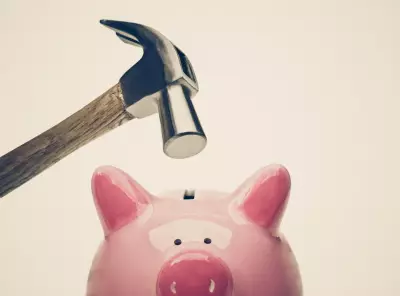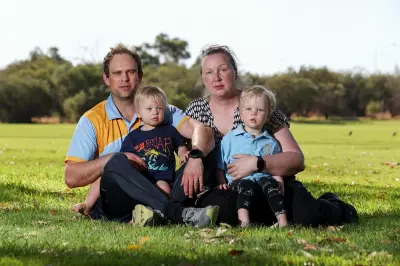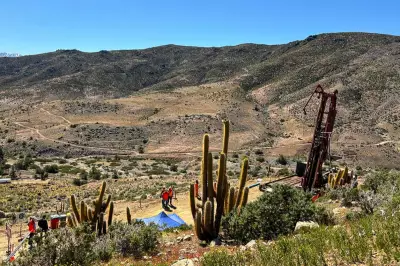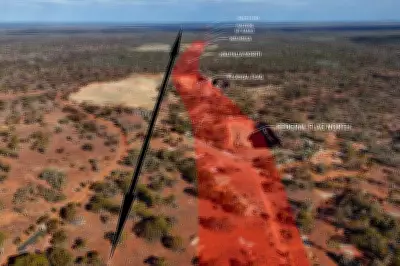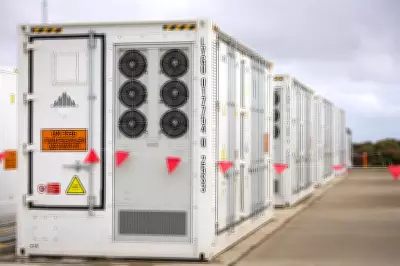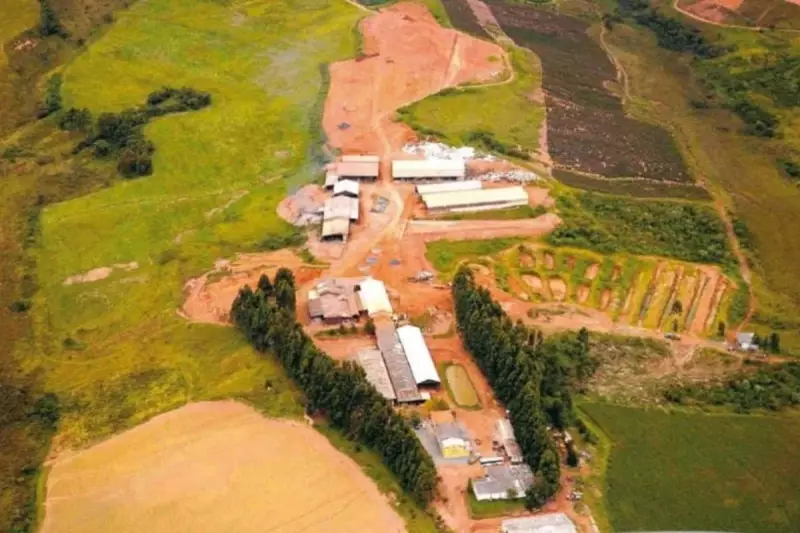
French Backing Boosts Australian Miner's Brazilian Rare Earths Ambitions
Australian mining company Viridis Mining and Minerals has achieved a significant breakthrough in its quest to develop one of the world's most strategically important rare earths projects, securing crucial support from France's export credit agency.
The Perth-based company announced it has received a letter of support from Bpifrance for its Colossus rare earths project in Brazil, marking a major milestone in the company's development timeline.
Strategic Financing Breakthrough
The endorsement confirms the project's eligibility for the French Government's Garantie de Prêt Stratégique (GPS) financing program, a sovereign-backed initiative designed to de-risk critical industrial projects and strengthen Western control over essential supply chains.
Under this funding model, the GPS will support a tranche of senior bank debt for up to 50 per cent of long-term financing, depending on the level of French offtake participation. The loan must rank equally with other lenders, effectively bringing France into the project's capital structure.
Viridis Managing Director Rafael Moreno described the achievement as "a major milestone for Viridis and a strong validation of the Colossus rare earth project's global strategic importance."
Project Economics and Scale
The Colossus project, located in Brazil's mineral-rich Poços de Caldas region, represents a significant opportunity in the global rare earths market. A recent scoping study forecast a staggering US$2.28 billion (A$3.50 billion) in EBITDA over a 20-year mine life.
Key project highlights include:
- Annual EBITDA of approximately US$114 million (A$180 million)
- Operating costs projected at just US$6/kg of total rare earth elements
- Production focused on neodymium and praseodymium using spot prices of about US$60 per kilogram
- Plans to produce 146 tonnes of dysprosium and terbium annually for the first five years
The project boasts the world's highest measured and indicated grades of dysprosium and terbium of any current ionic clay deposits, both critical for manufacturing high-performance industrial magnets for electric motors.
Western Supply Chain Solution
The timing of this development is particularly significant given recent geopolitical tensions. China, which supplies almost 80 per cent of global rare earths, recently imposed an export ban on these critical minerals, sending Western nations scrambling for independent sources.
Viridis' Colossus project now positions itself as a viable alternative, containing substantial resources of minerals specifically targeted by China's ban list, including:
- 6,285 tonnes of samarium
- 4,125 tonnes of gadolinium
- 13,553 tonnes of yttrium
The project's development is advancing on multiple fronts, with environmental impact assessment submitted in January and a preliminary licence expected shortly. Engineering firm Hatch is progressing the definitive feasibility study, due for completion by mid-2026.
Viridis has already secured significant backing from Brazilian institutions, including selection for financial support by the Brazilian National Bank for Economic and Social Development (BNDES) and the Federal Agency for Funding Authority for Studies and Projects (FINEP).
Additionally, Brazilian investment firms ORE Investments and Régia Capital have committed to a US$30 million (A$46 million) capital injection through staged placements.
The company is now entering a due diligence phase with Bpifrance covering technical, financial and credit aspects of the Colossus project. If successful, the project will move toward formal approval under the sovereign lending program.
With all pieces falling into place - French and Brazilian government support, institutional equity funding, and advancing feasibility studies - Viridis remains on track to make its final investment decision in the third quarter of 2026, potentially establishing itself as a new powerhouse in the global rare earths race.

